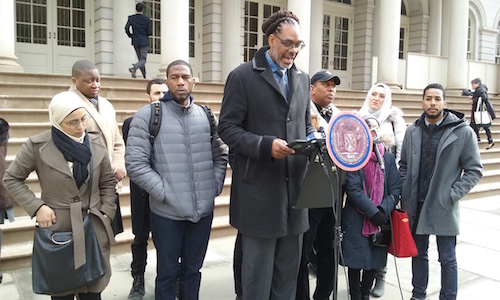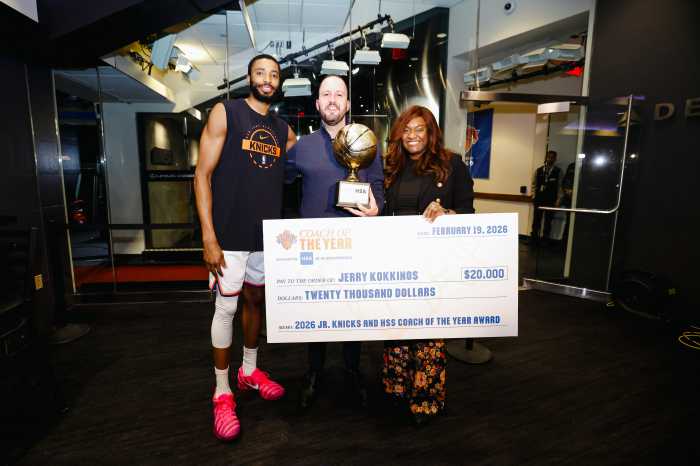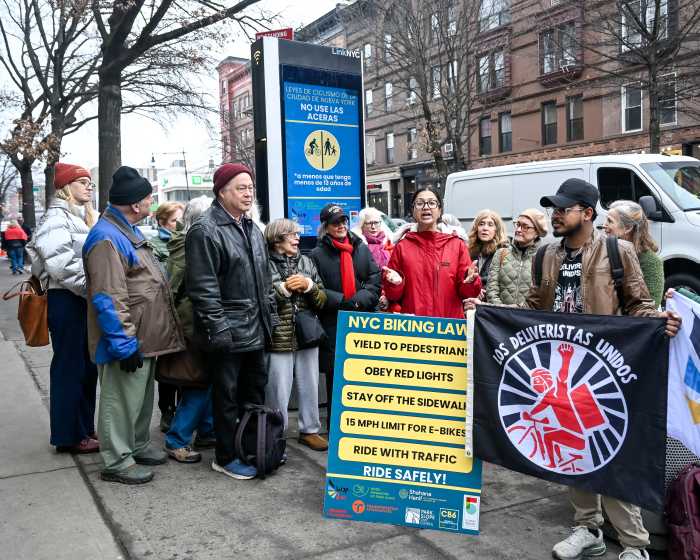To compare who has suffered the most along racial, religious and ethnic lines is a no win game. But in America it has never been much of a contest.
Blacks came here in chains. Millions died on the boats from Africa in the “Middle Passage.” Those lucky enough to survive endured roughly 150 years of extreme slave cruelty – even by history’s slavery standards. Unlike in biblical times and ancient Greece and Rome, black men in American slavery were separated and sold from their wives, and children from their mothers. Their entire African culture was oppressed and repressed. Brutal beatings, rapes and worse by slave masters were common.
After gaining freedom, blacks then saw another hundred years of Jim Crow segregation laws. Public lynchings of blacks in some places were held like barbecue town outings. Secretive conspiratorial murder and terror in the form of hooded white men under the auspices of the Klu Klux Klan was common. And more.
But in this day and age, we’ve grown cold. Social media and the internet brings us from one tragic incident of hate to the next in a blink of the eye. Each hateful event becoming affirmations of our own views. It feeds on itself. Black lives matter, yes, but so what? We all suffer. Muslims, Jews, American Indians, even marginalized whites, condemned as privileged while living in poverty.
But City Council Member Robert Cornegy Jr. and a host of other Central Brooklyn lawmakers Friday put all this in check. Their emotion and outrage spilled over following the white supremacist murder of 66-year-old Timothy Caughman. His killer, James Jackson, 26, came from Baltimore to New York City for the express purpose of killing as many blacks as he could.
Imagine the outrage if it were a Jew or Muslim stabbed repeatedly in the back by a sword merely because they were a Jew or a Muslim. The city would be in lock down. Synagogues and Mosques would have 24/7 police protection. But here in New York a black man was brutally murdered for no other reason than for the color of his skin, and there was barely a peep.
Cornegy pointed out we’ve sickly moved past hiding the hate behind Klu Klux Klan sheets. Now the white hate is open. Jackson went to the police, told them this was just the beginning of a white supremacist movement. That he committed the murder because New York is a media center. And Dylan Roof didn’t wear any sheets less than two years ago when in the name of white supremacy, he walked into an Emanuel African Methodist Episcopal Church prayer service in South Carolina and cold bloodedly shot nine black people to death.
Cornegy said seniors in his Bedford-Stuyvesant community, who lived through the days of Jim Crow are now recalling those days feeling terrorized.
He noted how the media painted Caughman more a perpetrator than a victim. That he was homeless and a vagrant. This characterization is not only untrue, but the exact opposite. Caughman was a loved man. He contributed positively to society wherever he went. He was loved and respected by family, friends and neighbors.
Cornegy and the other black electeds including Council Member Jumaane Williams and Brooklyn Borough President Eric Adams demanded a targeted response from the NYPD to white supremacist violence against blacks in New York City. They want to know if Jackson acted alone or if he is part of a white supremacist cell, and if the NYPD kept such data on white supremacists targeting blacks.
They wanted to know why the mayor took so long in calling the murder out as a hate crime. They wanted to know why there wasn’t added police protection around black churches like there would be around synagogues and mosques had the victim been Jewish or Muslim.
The silence was deafening.
Yes, we all suffer. But for Central Brooklyn’s black electeds – and anybody that gives a damn about social justice in this country – the truth is blacks continue to suffer just a little bit more.






